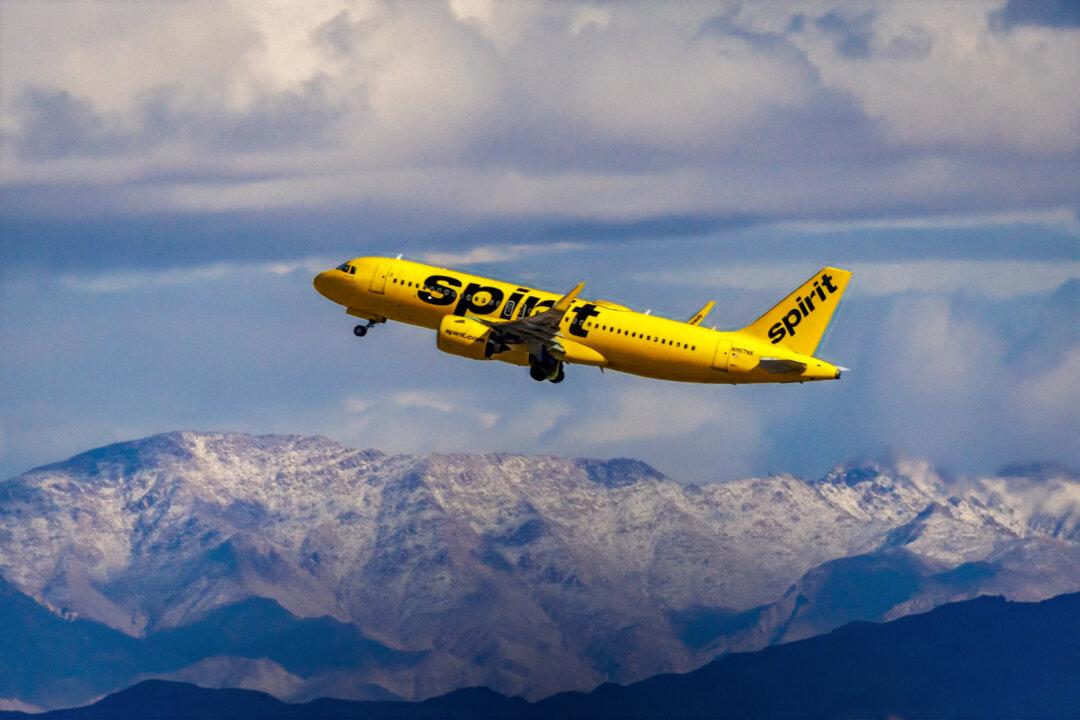Spirit Airlines rejected Frontier Airlines’ latest takeover bid on Feb. 11, instead deciding to restructure after filing for Chapter 11 bankruptcy last year.
The Florida-based company said Frontier’s offer, worth $2.6 billion, was less beneficial to Spirit shareholders than its ongoing reorganization plan.





